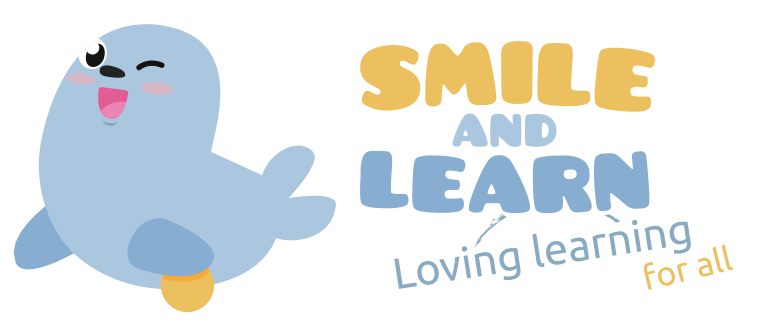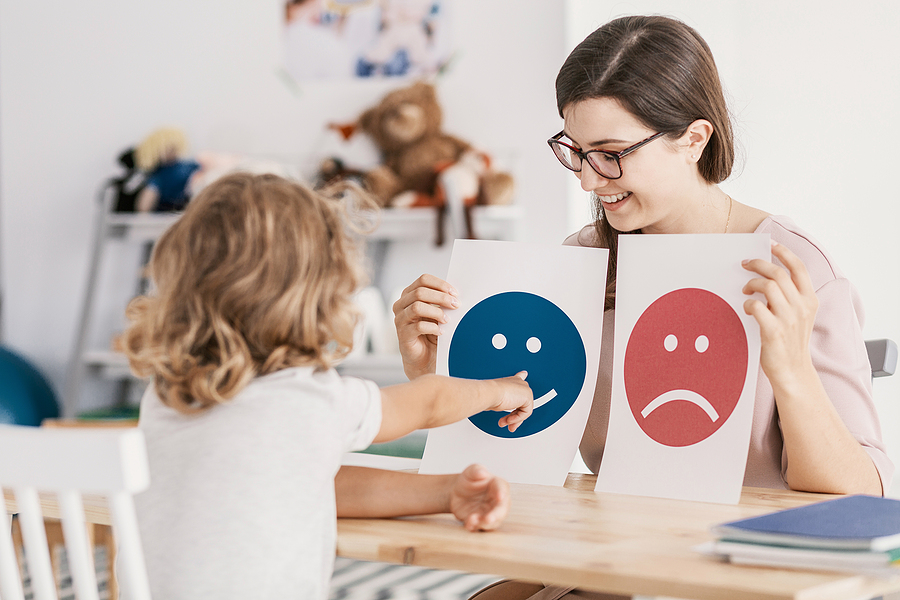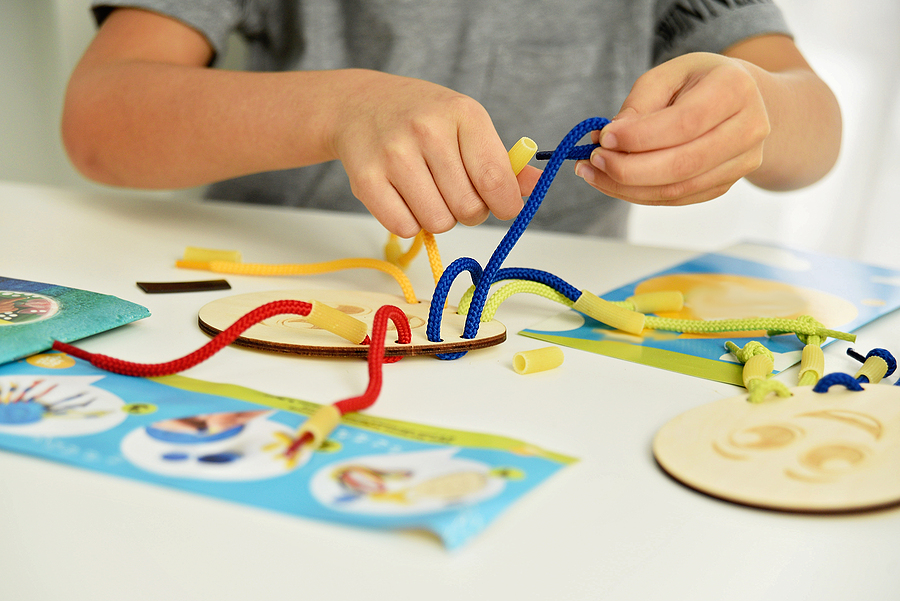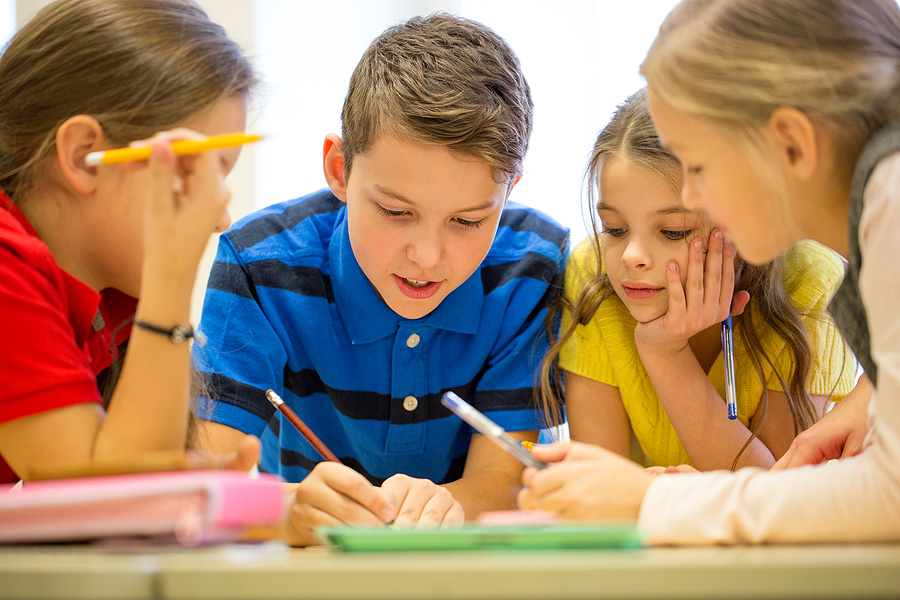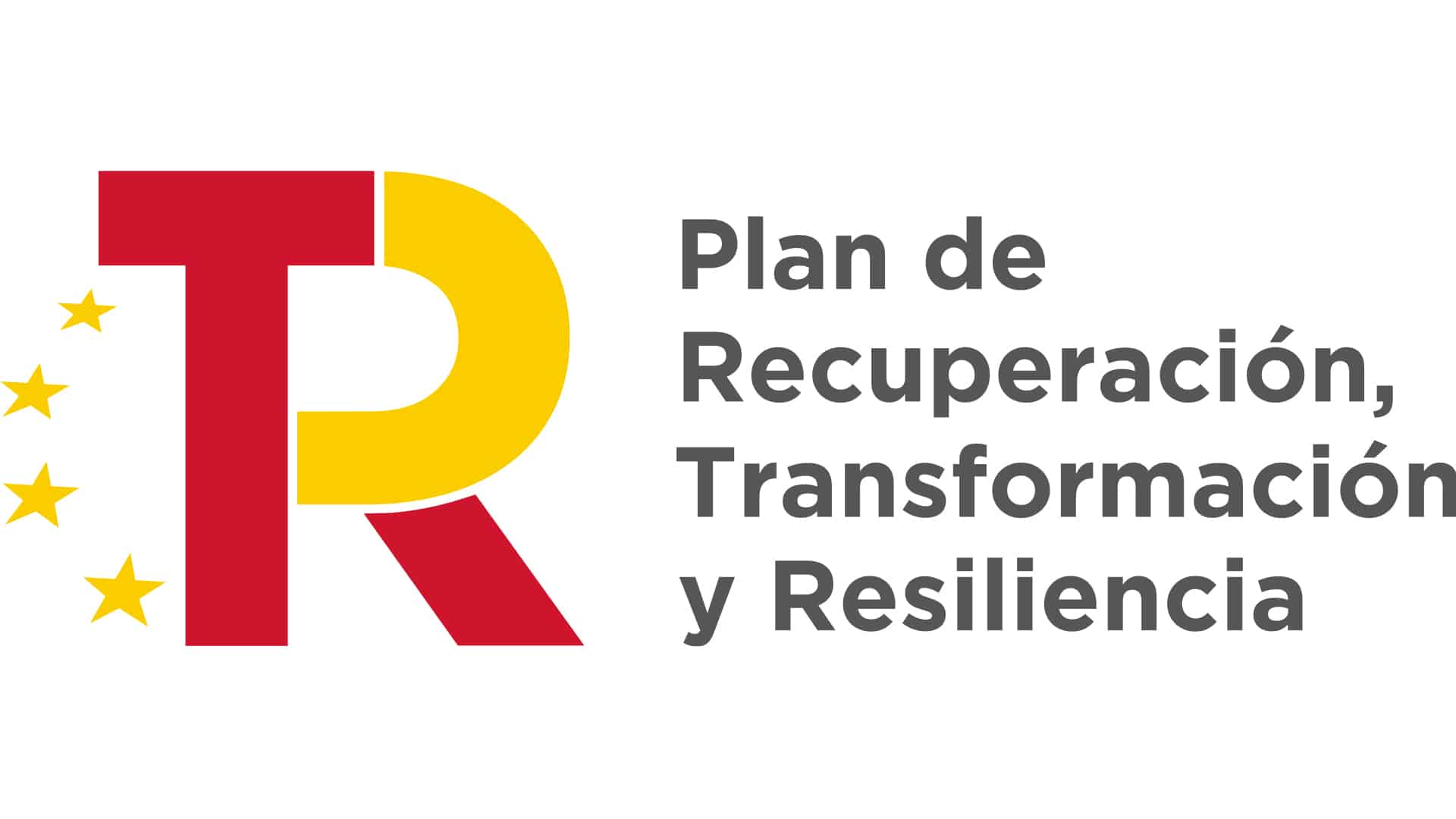Did you know that children can develop their emotions in the classroom? That’s right, from birth to adulthood they begin to experiment with their own emotions. Recognizing the different types of emotions that exist, starting with the most basic ones (joy, sadness, anger, fear and disgust) will allow them to better manage life’s challenges, know themselves better and also know how to better recognize the feelings and attitudes of their classmates.
For the American psychologist Goleman, emotional intelligence is “the ability to recognize our own and others’ feelings, to motivate ourselves and to adequately manage relationships”, that is, the ability to manage our emotions to forge empathetic relationships. Therefore, developing it positively improves academic performance and strengthens self-confidence.
These are some of the reasons why it is important to work on emotions in class:
- Knowing your emotions allows you to manage them. Developing emotional awareness allows children to identify their emotions and accept them. It also helps to identify those emotions that can be harmful to them, and learn to manage them through activities such as relaxation or physical exercise.
- Promotes empathy. Knowing what you feel is necessary to put the focus on the people around you. The more open children are to their own emotions, the easier it will be for them to recognize the emotions of others. Being empathetic means understanding the emotions of the people around us and acting accordingly.
- Develops optimism. To face problems with a positive and optimistic attitude so that students learn to move forward in spite of difficulties.
If you haven’t tried our educational platform yet, you can do it for free by filling out this form
this form.
